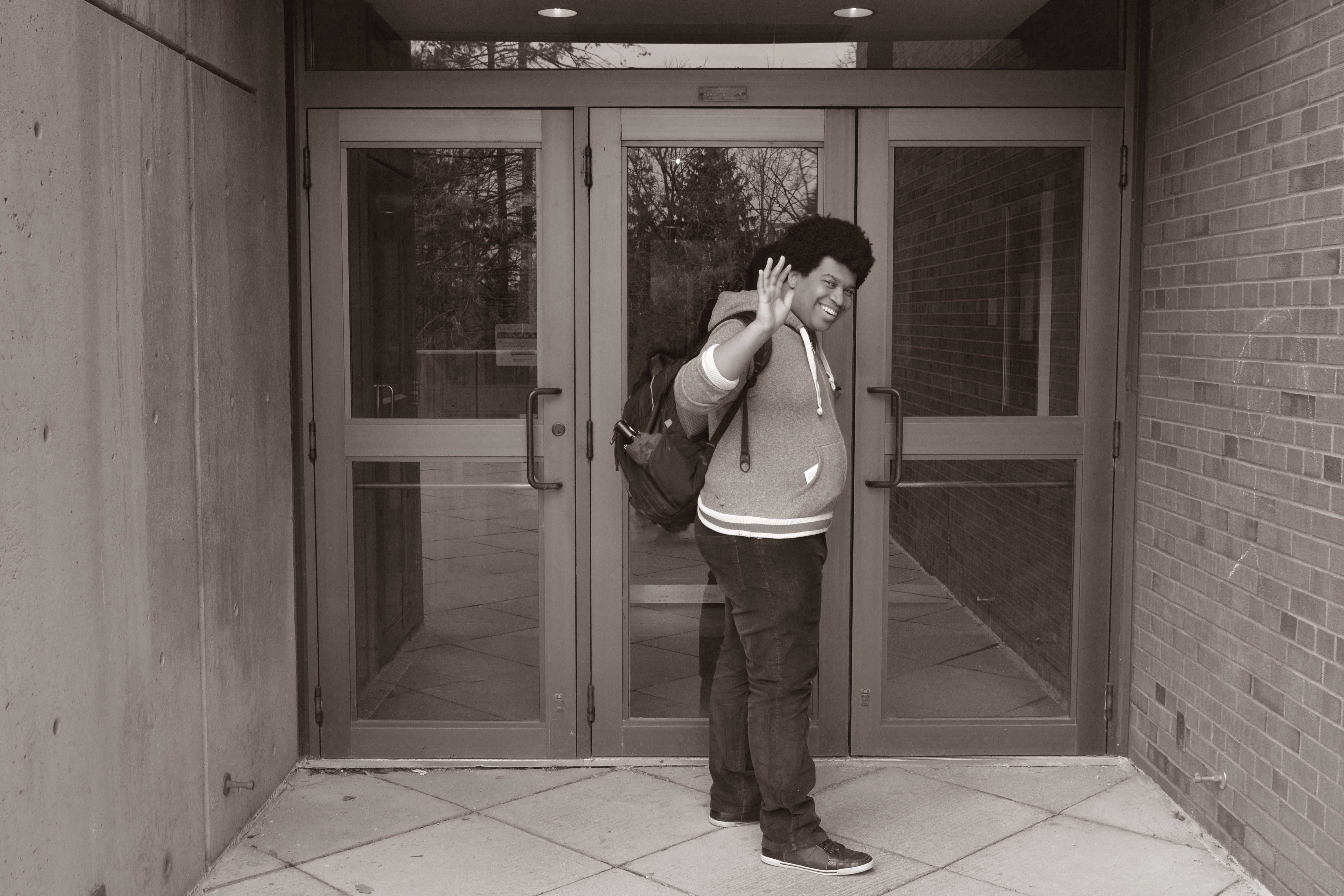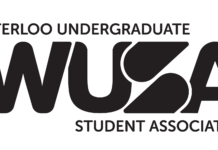With every round of tuition payments, students pay a long list of incidental fees. While tuition increases are regulated by the province, incidental fee increases are decided by a variety of bodies and often go unnoticed.
If you are an undergraduate student at UW you pay a Federation of Students fee (approximately $49 per term), a Federation of Students administered fee (between $74 and $274 per term), a Health Services building fee ($10 per term), a student services fee ($134 per term), an Imprint fee ($3.30 per term), a WPIRG fee ($4.75 per term), student society fees (varies by faculty), and a student endowment fee (varies by faculty). Of these, four are refundable.
Additionally, first-years pay an orientation fee ($103), engineering students pay a Sandford Fleming Foundation fee ($6), science students pay a Faculty of Science Foundation fee ($3), and co-op students pay a co-op fee ($634 per work term). All of these, with the exception of co-op, are refundable.
The fees paid to Feds are in two parts: the regular Federation of Students fee which is non-refundable, and the Federation of Students administered fee which covers a variety of things, some of which are refundable. It covers the refundable Health and Dental plan (set by the third party administrator), the non-refundable UPass fee (negotiated by Feds with GRT), and the refundable Student Refugee Program (SRP) fee. The SRP fee was approved by a student referendum in February 2008, and an increase would require the approval of another referendum.
According to Feds bylaws, the regular Federation of Students fee can be increased by no more than inflation, and any increase would have to be passed at a general meeting. Once the increase is passed it would still have to go through the Board of Governors (BoG).
According to Dennis Huber, UW VP of administration and finance, “All these fee changes go to the Board of Governors.”
Imprint and WPIRG fees, both of which are refundable, would follow a similar process to that of Feds. The fee increases would have to be approved initially at the corporation’s general meetings, and would then be submitted to the BoG.
“They’re both independent entities of the Federation of Students … I would always check it with Feds to see if they wanted to comment on it,” Huber said.
The Health Services building fee is a special fee that was approved by a student referendum. If Feds wishes to gain additional funds to pay for a specific project, such as this new Health Services building, it would have to be approved by referendum.
The student services fee covers accessible transportation service for students with temporary disabilities, the UW Art Gallery, Health Services, Athletics and Recreation, the Centre for Career Action, Counselling Services, Organizational and Human Development, Student Security Service, and the Student Success Office.
“The student services fee is managed by the student services advisory committee; the majority of the members are students. What the students decide, or what level of service they decide they want … the SSAC recommends it to the provost, and the provost approves it and then we take it to BoG,” Huber said.
Society fees, which are administered through Feds, are indexed to inflation. However, they only go up by dollar increments. “They come back to it every five years and move it up by inflation and need. It would be done with the agreement of the membership of the society and then it would be given to Feds and they would put their stamp on it,” Huber said.
Students pay into student endowment funds by approval of student referendum, and can only be changed through referendum. The Faculty of Science Foundation follows the same rules.
The Sandford Fleming Foundation is a charitable organization that seeks to create enriched learning experiences for engineering students. “This is an independent entity … the money that’s collected at the University of Waterloo stays at UW. Every five years it’s approved at a general meeting by EngSocA and EngSocB, and is also confirmed with the Federation of Students,” Huber said.
The orientation fee, which is refundable, is charged to first-year students in their first fall term. “That fee was approved by referendum, and it’s allowed to increase by inflation but they don’t do it every year. We take that money and it’s given to the Federation of Students to run student orientation activities. … They don’t go up by inflation every year, only when Feds asks for it, and they’ve only done it when they don’t have enough money,” Huber said.
According to Huber, “there are a lot of checks and balances that we do before approving any increases. We make sure that no one is accumulating needed funds.”





























